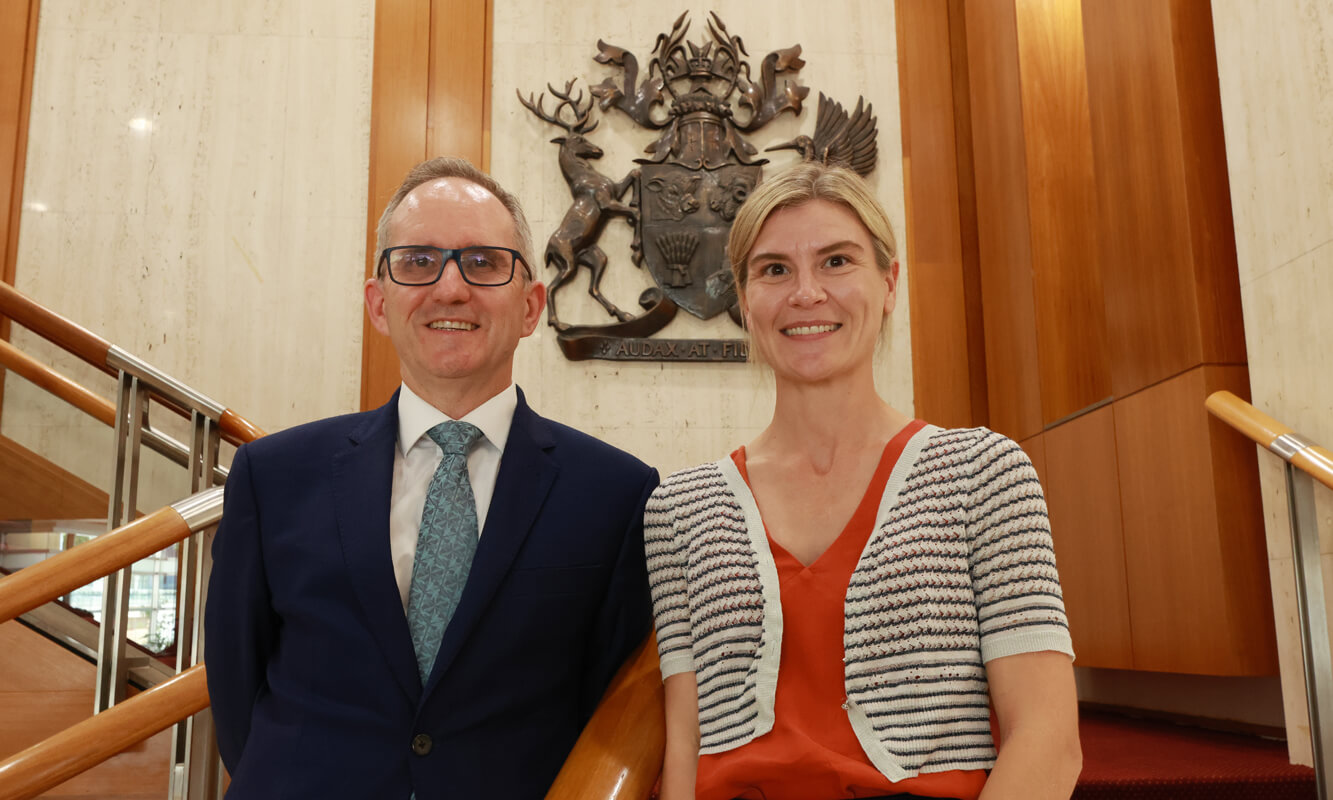A range of procedural and structural issues associated with Queensland’s Office of the Independent Assessor (OIA) are undermining the effectiveness and intent of the local government complaints system, a parliamentary committee has been told.
Queensland Law Society was one several stakeholders to front the State Development and Regional Industries Committee (SDRIC) public hearings in Brisbane yesterday to make oral submissions at an inquiry into the functions of the OIA and the performance of those functions.
The Society – represented by QLS Occupational Discipline Law Committee Chair Calvin Gnech and Senior Policy Solicitor Kate Brodnik – addressed the committee on procedural and structural issues associated with the Independent Assessor and the Councillor Complaints Tribunal (CCT, the tribunal) that undermine the effectiveness and intent of Queensland’s local government complaints system.
On 27 October 2021, the SDRIC resolved to conduct an inquiry into OIA at the request of Queensland Deputy Premier Steven Miles.
The terms of reference charged the committee with inquiring and reporting to the Legislative Assembly on the performance and functions of the OIA, in particular:
- whether the performance by the OIA and its functions was consistent with the intent of the local government complaints system
- whether the powers and resources of the Independent Assessor were being applied in accordance with the public interest, and
- any amendments to the Local Government Act 2009 or changes to the functions, structures or procedures of the Independent Assessor that the committee considered desirable for the more effective operation of the Independent Assessor and/or the local government complaints system.
Yesterday’s hearings included submissions from Brisbane City Councillors, the mayors of Barcaldine Regional and Mt Isa City Councils, the Local Government Association of Queensland and QLS.
QLS – which was one of 59 organisations or individuals to make written submissions to the committee – has argued that procedural and structural issues associated with the OIA and CCT undermine the effectiveness and intent of the local government complaints system.
To address those issues, the Society called for further resources for the OIA and CCT and particularly for Queensland’s Civil and Administrate Tribunal, as well as legislative amendments to allow the tribunal to assess and dismiss matters based on a ‘public interest’ test.
Mr Gnech and Ms Brodnik, during the public hearing, acknowledged the important role of the OIA and CCT in facilitating Queensland’s local government complaints system, and its underlying intention to enable an efficient and transparent complaints system to report councillor conduct.
However, QLS identified procedural and structural issues.
“In particular, QLS and our members are especially concerned to learn of procedures currently employed in the OIA that are inconsistent with the principles of natural justice,” the committee was told. “In this regard, we note the OIA does not provide brief material to councillors at the initial stages of a complaint and the limited time frame afforded to councillors to respond to an allegation.
“Natural justice and procedural fairness are critical components of any effective complaints system, and we strongly urge the inquiry to consider these procedural issues to ensure the processes implemented by the OIA practically allow for natural justice.
“Further, QLS and our members are aware of significant deficiencies and delays associated with the assessment and investigation process of the OIA.
“In particular, it our members’ experience that many of complaints received by the OIA are referred to the tribunal without sufficient assessment and investigation of the matter, leading to matters going before the tribunal in circumstances where these are not in the public interest to prosecute.
“A failure to appropriately investigate matters impacts on the resources of the tribunal and ultimately the OIA, delays the progress of matters and leads to unnecessary costs and distress on the part of the respondent.”
The SDRIC has yet to confirm the date on which it will report back to Parliament with any proposed recommendations.
Read the QLS submission and other submissions.









Share this article